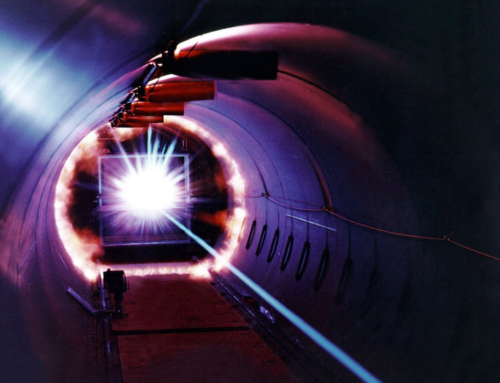Fully-funded PhD position in the Optoelectronics Research Centre, University of Southampton in collaboration with IS Instruments Limited.
There is a growing requirement for sensitive and species-specific gas sensors in many application areas, in particular in the oil and gas sector for the monitoring of fuel reserves, medicine for the detection of gaseous bio-markers characteristic of particular illnesses/medical conditions, and within environmental monitoring to detect the presence of harmful pollutants in the atmosphere.
In this project we propose to explore the potential of using spontaneous Raman scattering in hollow core fibres to enable the sensitive, simultaneous detection of multiple target gaseous species of interest in gas samples. The attraction of using hollow core fibres is that they allow for extremely long interaction lengths between laser light and a confined gas sample of very small volume, greatly enhancing the sensitivities relative to embodiments using a bulk optic approach. The benefits accrue both from the increased interaction with the target molecules associated with a long optical interaction path length, and also from the efficient capture of emitted spontaneous Raman scattered light. This allows for very high sensitivities, and high specificity due to the characteristic Raman spectra of different gases. Whilst proof of principle experiments have been undertaken highlighting the viability of the approach, only limited work has been done as of yet to optimise system performance through both laser choice and fibre design, and to develop a practical instrument.
Within this PhD we will address these shortcomings and will look to develop a robust portable gas sensing system. In particular, we will design and fabricate fibres optimised in terms of spectral response and loss to detect key chemical species such as methane, ethane, carbon monoxide, carbon dioxide and hydrogen sulphide at low concentration levels (~ ppm) and will develop the system concepts and technology needed to deliver a prototype Raman based gas sensor system. We will then demonstrate use of the system within a particular oil and gas sensing application scenario. We are looking for a motivated candidate with background in photonics, spectroscopy or gas sensing more generally. For any questions, please, contact Prof David Richardson (djr@orc.soton.ac.uk).





